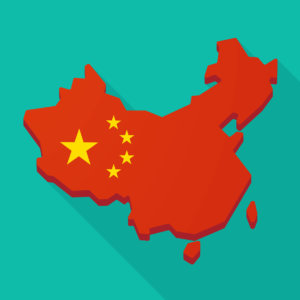Negotiating With Chinese Investors
Chinese companies are increasingly investing in companies overseas. But to reach advantageous agreements with Chinese investors, Western managers need to prepare themselves for differences in negotiating style.
Topics
In 2015, the Chinese economy passed a significant milestone. After years of proactively soliciting overseas investment to build large-scale manufacturing and generate jobs, China saw its outbound investments surpass inbound investments for the first time. As the Chinese economy becomes more advanced, the focus of Chinese overseas investment has entered a new phase, with a change in the target companies of interest. Recognizing this change is important for Western executives seeking to negotiate effectively with direct investors from China.
To negotiate effectively with Chinese investors, corporate managers need to understand three things: (1) the environment in which Chinese companies operate, (2) their interests and priorities, and (3) the strategies Chinese investors use at the negotiating table. In developing our perspective, we studied 15 years of accounts of Chinese outbound investments, as reported by the Financial Times, The Wall Street Journal, The New York Times, Reuters, The Economist, Bloomberg, and the BBC, as well as by leading Chinese media outlets such as Sina, China Daily, Xinhua News Agency, and Caijing. Across hundreds of investments, we focused on 55 highly visible transactions, most with a reported value of at least $100 million. They varied across major industries and countries and involved both state-owned enterprises and private companies.
A Shift in Interests
In recent years, China has been transitioning from rapid growth driven by infrastructure projects and mass manufacturing to more moderate growth based on the consumer economy and sustainable manufacturing. The shift is particularly visible in cases where Chinese companies are investing overseas to acquire the capability to develop new technologies, expertise in supporting sustainable development, well-known brands, or processes to manufacture quality consumer goods.
The food industry provides a vivid example. Increasingly, Chinese consumers with middle or high incomes have taken a keen interest in quality food products from outside China. In addition to their desire for new products, these consumers have a belief that food sourced from developed economies is produced under stricter safety regulations than local food products. In response, Chinese companies are snapping up foreign food companies. Perhaps the best-known investment has been the 2013 acquisition by Shuanghui International Holdings Ltd. (now called WH Group Ltd.) of Smithfield Foods Inc., a large pork processor and hog producer based in Smithfield, Virginia.


Comments (2)
Lynn Etheredge
Peter Fasan